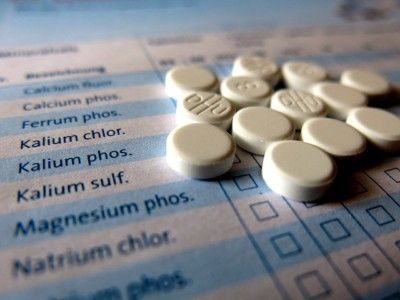Tips after dental surgery
The dental surgery has gone well and you are allowed to go home. The dentist decides whether and when a patient can again actively participate in traffic or operate machines after a dental operation.
Depending on the type of anesthesia, the medication used, and the duration and severity of the procedure, the ability to react may still be impaired after the operation.
It is best to ask a trusted person to accompany you on the way home. A Taxi can be an alternative. This should be discussed with the dentist in advance.
- Accompanying person for the way home.
- Cool well, for pain paracetamol or ibuprofen.
- Allow rest and choose suitable food and drink.
- In the event of secondary bleeding, bite on a swab, cloth or paper handkerchief.
- In case of complications, visit dentist or dental emergency service.
Avoid exertion after dental surgery
Once at home, avoid physical exertion. These include z. B. Gardening, heavy lifting, sports or sauna. Due to the anesthesia of the operated region, which usually lasts for a long time, food and hot drinks should be avoided.
If the dentist has z. B. If the wisdom teeth are removed, it may be necessary to take a sick leave, even for a week.
You should also avoid stimulating drinks such as coffee or alcohol. Smoking is taboo in order not to endanger wound healing.
Soft foods such as soups or pureed foods make eating easier. Ideal: Prepare food the day before. If possible, milk and dairy products should not be on the menu.
When taking antibiotics, the instructions for use must be followed. Cooling pads should already be prepared so that cooling can begin in the practice immediately after the procedure.
Do not place the pad directly on the skin, but wrap it in a sheet. Recommended: Cooling in the interval. This means cool, pause, cool, pause, etc.
Caution should be exercised on areas that are still anesthetized. Here there is a risk that you will not notice hypothermia.
For pain, the dentist usually issues a prescription for painkillers, usually paracetamol or ibuprofen. Acetylsalicylic acid (z.B. Aspirin) is not suitable, as it increases the risk of post-operative bleeding.
What to do in case of complications after dental surgery?
If post-operative bleeding occurs, it is advisable to bite on a sterile swab to compress the wound. Sterile swabs can be given to you by the dentist to take home with you.
Even a clean cloth or paper handkerchief can be used for this purpose. Cooling in a sitting position is still useful.
If the bleeding does not stop even after repeated attempts to stop it, the dental office must be visited. There’s an emergency dental service in case the office is closed.
The dentist must also clarify increasing pain, which can start a few days after the operation. It may be that an infection or wound healing disorder is present.









